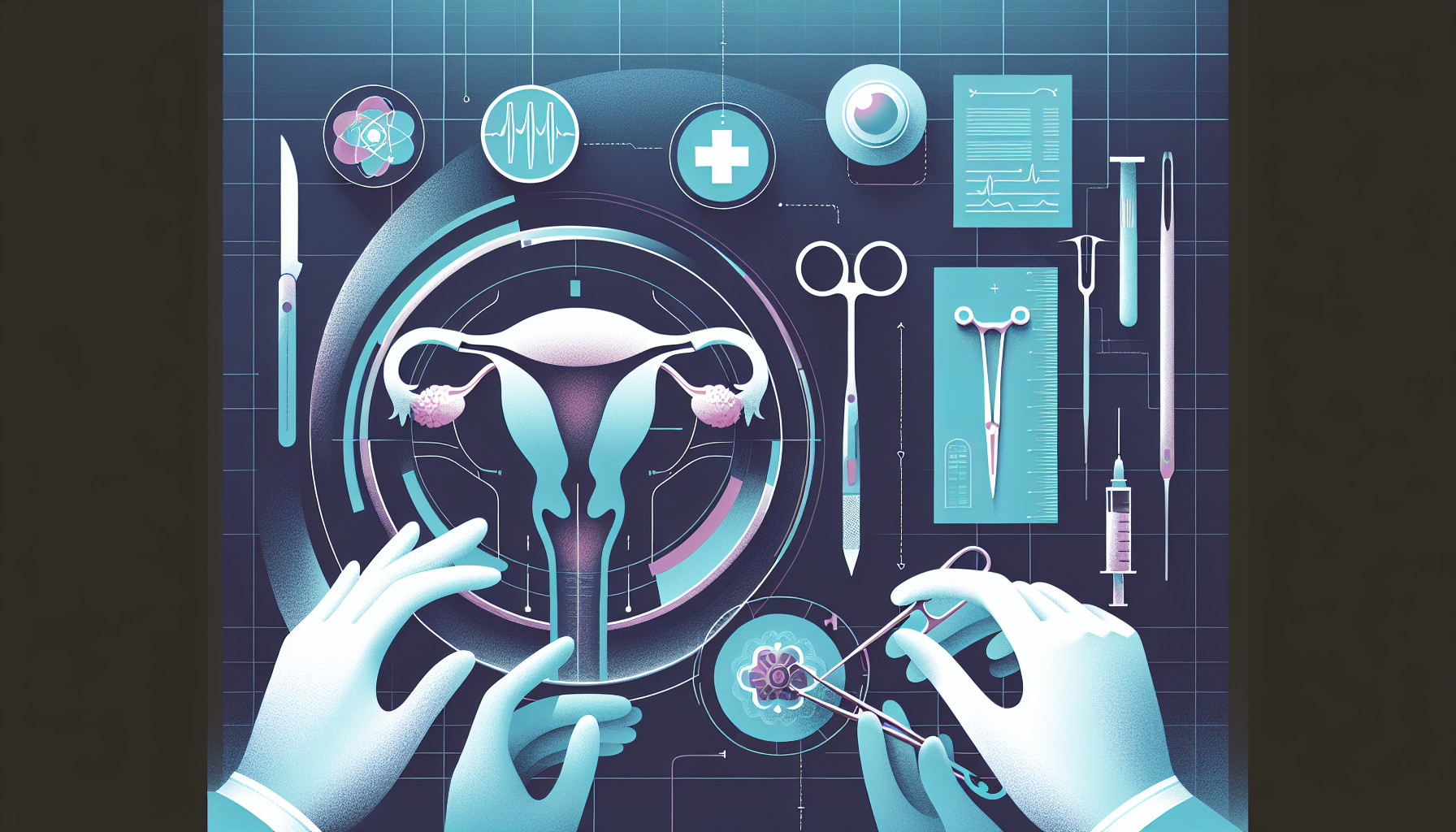Our Summary
This research paper discusses a study carried out on mice to understand the role of the progesterone receptor (PGR) in the uterine glands during pregnancy. The progesterone receptor is important in responding to progesterone, a hormone that plays a key role in pregnancy.
The researchers genetically modified some mice so that they did not have the PGR in the glands of their uterus. The fertility of these mice was negatively affected, resulting in problems with embryo implantation, which is a crucial step in becoming pregnant.
The study revealed that these issues were caused by disruptions to several genes controlled by the PGR. One of them was the gene that produces the leukemia inhibitory factor (LIF), a crucial substance needed for the embryo to successfully implant in the uterus.
Interestingly, the researchers found that injecting LIF into the mice with the PGR knockout could rectify the implantation issue and allow the pregnancy to proceed as normal. This suggests that once a pregnancy is established, the presence of PGR in the uterine glands is not essential.
In simple terms, this research proposes that the progesterone receptor in the uterine glands is vital for the start of a successful pregnancy, but not necessary once pregnancy is underway. This discovery could help in understanding and potentially treating fertility issues in humans.
FAQs
- What role does the progesterone receptor (PGR) play in pregnancy according to this research?
- How did the absence of PGR in the uterine glands of mice affect their fertility?
- What is the potential impact of this research on the understanding and treatment of human fertility issues?
Doctor’s Tip
A doctor might advise a patient considering uterine ablation to discuss the potential impact on fertility and hormone regulation. They may suggest considering alternative treatments or options for managing heavy menstrual bleeding if preserving fertility is a concern. It is important to have a thorough discussion with your healthcare provider about the risks and benefits of uterine ablation before making a decision.
Suitable For
Patients who are typically recommended uterine ablation are those who suffer from heavy menstrual bleeding (menorrhagia) that does not respond to other treatments such as medication or hormonal therapy. Uterine ablation is a minimally invasive procedure that destroys the lining of the uterus to reduce or stop menstrual bleeding. It is not recommended for women who wish to become pregnant in the future, as it can affect fertility.
Timeline
- Before uterine ablation:
- Patient experiences heavy or abnormal menstrual bleeding, pelvic pain, or other symptoms related to uterine conditions such as fibroids or endometriosis.
- Patient undergoes diagnostic tests such as ultrasound or hysteroscopy to determine the underlying cause of their symptoms.
- If deemed a suitable candidate, patient discusses the option of uterine ablation with their healthcare provider.
- Patient undergoes pre-operative preparation and counseling to understand the procedure and its potential risks and benefits.
- After uterine ablation:
- Patient undergoes the uterine ablation procedure, which is typically minimally invasive and can be done on an outpatient basis.
- Recovery time is relatively quick, with most patients able to resume normal activities within a few days to a week.
- Patient experiences a significant reduction or cessation of menstrual bleeding, leading to improved quality of life.
- Follow-up appointments are scheduled to monitor the patient’s recovery and assess the effectiveness of the procedure.
- Patient may need to use contraception or undergo sterilization if they wish to prevent pregnancy post-ablation, as pregnancy following the procedure can be dangerous for both the mother and the fetus.
What to Ask Your Doctor
- What is uterine ablation and how does it work?
- What are the potential risks and side effects of uterine ablation?
- How long does it take to recover from uterine ablation?
- Will uterine ablation affect my fertility or ability to become pregnant in the future?
- Are there any alternative treatments to consider before undergoing uterine ablation?
- How successful is uterine ablation in treating heavy menstrual bleeding or other uterine conditions?
- Will I still need to use contraception after undergoing uterine ablation?
- What follow-up care or monitoring will be necessary after the procedure?
- Are there any long-term effects of uterine ablation that I should be aware of?
- Are there any specific lifestyle changes or precautions I should take after undergoing uterine ablation?
Reference
Authors: Bayammagari GS, Yeddula SGR, Winuthayanon S, DeMayo FJ, Lydon JP, Spencer TE, Kelleher AM. Journal: FASEB J. 2025 Mar 31;39(6):e70495. doi: 10.1096/fj.202500166RR. PMID: 40123536
